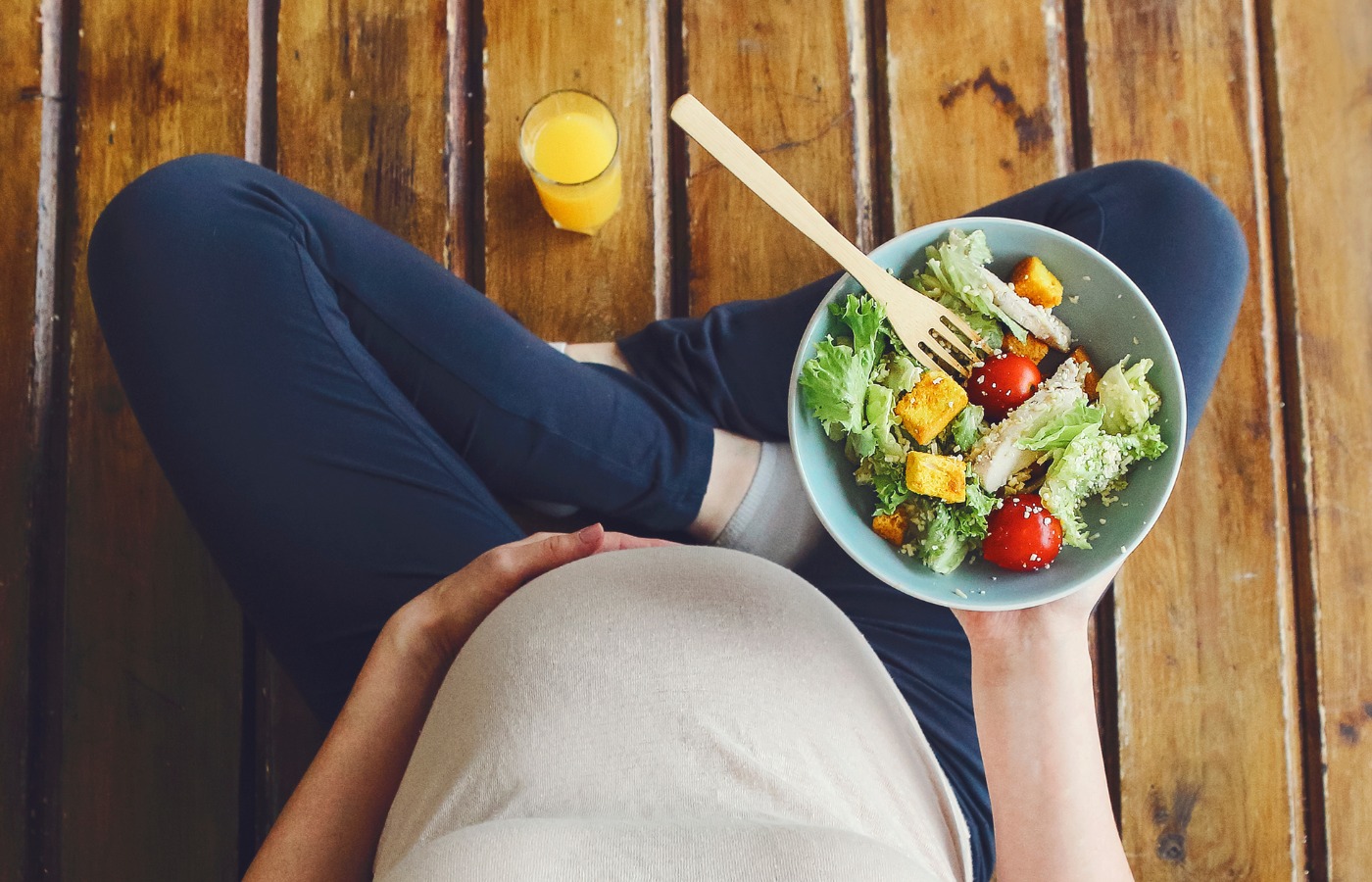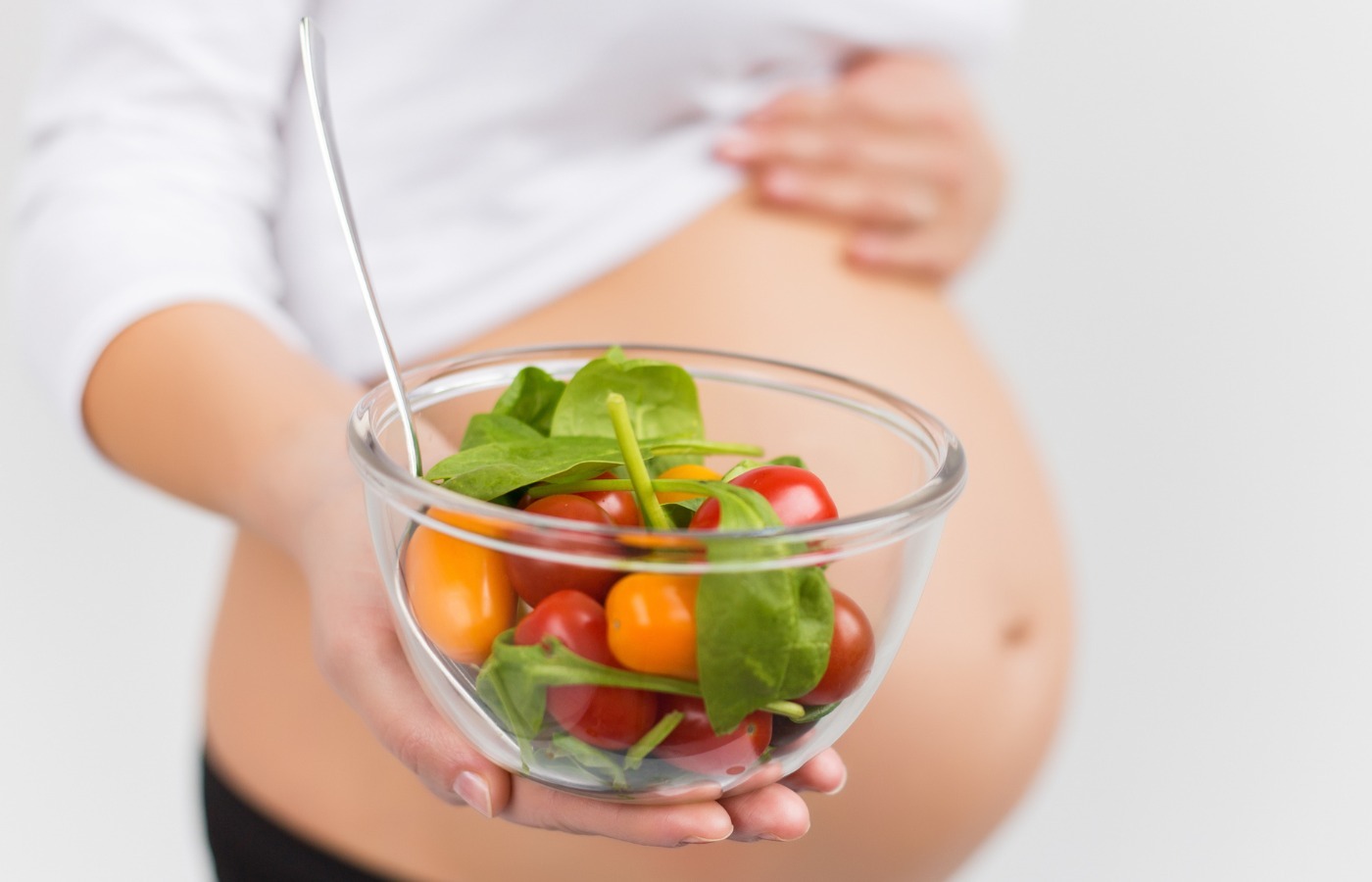
Pregnancy is a beautiful yet challenging journey, and one of the most crucial factors that can influence both the health of the mother and the baby is nutrition. What you eat during pregnancy directly impacts your health, the growth and development of your baby, and the overall pregnancy experience. A balanced pregnancy diet is essential for providing the necessary nutrients to support fetal development, boost the immune system, and help the mother maintain energy levels throughout the pregnancy.
In this blog, we’ll guide you through the essential components of a healthy pregnancy diet, what foods to include, and which ones to avoid for the well-being of both mother and baby. We’ll also provide a detailed breakdown of pregnancy diet plans and tips on what to eat month by month to ensure optimal nutrition during pregnancy.
During pregnancy, your body undergoes significant changes. To support these changes, you need more nutrients than usual, especially folic acid, iron, calcium, protein, and omega-3 fatty acids. These nutrients support the healthy development of the baby, particularly in critical periods during the first and second trimesters. A well-balanced pregnancy diet can help prevent complications like anemia, preeclampsia, and gestational diabetes while keeping you energized and healthy.
A pregnancy diet plan is not just about eating more but about eating better. Focusing on nutrient-dense foods will provide you with the energy and the essential vitamins and minerals needed for a healthy pregnancy.
1. Fruits and Vegetables
A variety of fruits and vegetables should form the cornerstone of your pregnancy diet. They are packed with essential vitamins, minerals, and fiber, which are critical for both you and your baby. Include leafy greens like spinach and kale for folate, which helps prevent neural tube defects. Citrus fruits, berries, and apples provide vitamin C, helping with the absorption of iron.
Protein-Rich Foods
Protein is a vital nutrient that supports the growth of tissues, including your baby’s muscles, organs, and tissues. Protein-rich foods such as lean meats, poultry, fish, eggs, tofu, beans, and lentils are great additions to your pregnancy diet. Aim to include protein in every meal.
Whole Grains
Whole grains like brown rice, oats, whole wheat bread, and quinoa are excellent sources of complex carbohydrates, fiber, and essential B vitamins. They provide sustained energy throughout the day and help prevent constipation, which is a common issue during pregnancy.
Dairy and Dairy Alternatives
Calcium is crucial for building your baby’s bones and teeth, and dairy products like milk, cheese, and yogurt are excellent sources of calcium. If you're lactose intolerant or vegan, you can opt for fortified plant-based milk, such as almond milk or soy milk, which are rich in calcium and vitamin D.
Healthy Fats
Omega-3 fatty acids are important for the development of your baby’s brain and eyes. Foods like fatty fish (salmon, sardines), flaxseeds, chia seeds, walnuts, and avocados are rich in healthy fats that help boost your baby’s cognitive function.
Iron-Rich Foods
Iron is crucial during pregnancy to support the increased blood volume and prevent anemia. Iron-rich foods like red meat, beans, lentils, tofu, and spinach should be included in your pregnancy diet. Pairing iron-rich foods with vitamin C-rich foods like oranges, strawberries, and bell peppers can enhance iron absorption.
As your pregnancy progresses, your nutritional needs may change. Below is a pregnancy diet plan that you can follow month by month to ensure you’re getting the nutrients you need at each stage of pregnancy:
First Trimester (Weeks 1–12)
The first trimester is when your baby’s organs are developing, so it’s crucial to get enough folic acid, iron, and calcium. Focus on a variety of fruits, vegetables, lean proteins, and whole grains. The early stages may bring morning sickness, so aim for small, frequent meals to manage nausea. Include ginger or peppermint tea to help soothe your stomach.
Second Trimester (Weeks 13–26)
During the second trimester, your baby’s bones and muscles are developing rapidly. Your calorie intake needs to increase slightly, but focus on nutrient-dense foods like whole grains, lean proteins, dairy products, and healthy fats. Include foods high in vitamin D, such as fortified milk or eggs, to support bone health.
Third Trimester (Weeks 27–40)
In the final trimester, your baby is growing quickly and gaining weight, and you need to continue providing essential nutrients. Include more iron-rich foods to prevent anemia and foods high in omega-3 fatty acids for brain development. Make sure to stay hydrated, as dehydration can lead to complications like preterm labor.
For a detailed pregnancy diet chart month by month, you can download a pregnancy diet plan PDF to help track your progress and ensure you’re meeting your nutritional goals.

While it’s important to know what to eat during pregnancy, it’s equally essential to be aware of what foods to avoid, as some foods can harm your health and the development of your baby.
1. Raw or Undercooked Meat and Seafood
Raw meat, fish, and seafood may contain harmful bacteria or parasites, which can lead to infections. Always ensure that meat and seafood are thoroughly cooked before consumption.
2. Unpasteurized Dairy Products
Unpasteurized dairy products, such as soft cheeses (Brie, Camembert, blue cheese), may contain Listeria, a bacteria that can cause severe illness and complications in pregnancy.
3. Caffeine and Excessive Sugar
High levels of caffeine and excessive sugar can lead to problems like low birth weight, dehydration, and gestational diabetes. Limit your intake of caffeinated beverages like coffee and energy drinks, and avoid sugary snacks.
4. Alcohol
It’s advised to avoid alcohol entirely during pregnancy, as it can lead to fetal alcohol syndrome, causing developmental delays and birth defects.
5. High-Mercury Fish
Certain types of fish, such as sharks, swordfish, and king mackerel, contain high levels of mercury, which can negatively impact your baby’s developing nervous system.
Maintaining a healthy pregnancy diet is essential for the well-being of both you and your baby. A balanced diet that includes nutrient-rich foods, such as fruits, vegetables, lean proteins, whole grains, and healthy fats, is crucial in supporting your pregnancy journey. Additionally, knowing what foods to avoid can help you make better dietary choices to prevent complications.
By following a well-rounded pregnancy diet plan and paying attention to your body’s nutritional needs, you can ensure a healthy pregnancy and give your baby the best start in life. If you need personalized advice or a pregnancy diet chart month by month, consider consulting with a healthcare provider or nutritionist to tailor a plan suited to your specific needs.